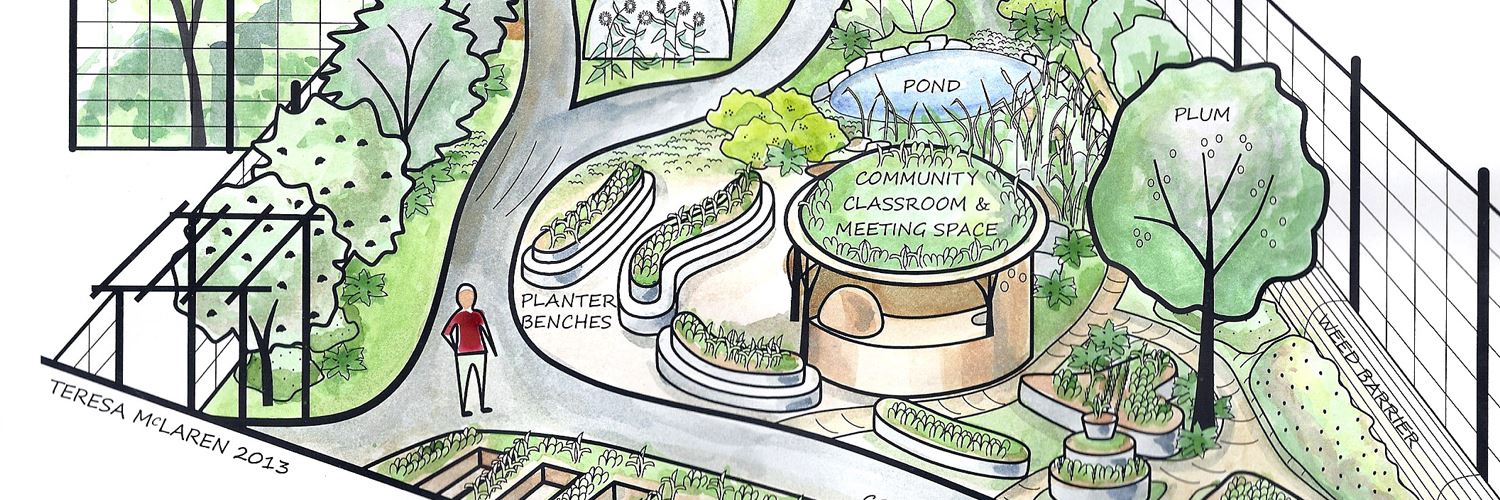Permaculture
When we’re good to our environment, our environment is good to us. This is the basic principle of permaculture, the agricultural philosophy that focuses on whole systems thinking and simulating or directly utilizing patterns and features found in natural ecosystems. Permaculture aims to design systems that work with and benefit nature, rather than harming or disrupting it.
Permaculture relies heavily on observing natural ecosystems, and learning about things like wind patterns, wildlife movement within a specific area, and how plants grow and thrive under natural conditions. Once these natural patterns and features are understood, they can be mimicked or utilized in small-scale, sustainable ways, like agricultural and environmental methods like hydroponic gardening, edible landscaping, or composting.
Permaculture also heavily empathizes connectivity between all the elements of an ecosystem, and works to make sure each element of a system is benefiting others, like the natural partnership between bees and flowers, which allows bees to receive nectar and pollen in exchange for spreading the pollen, which allows flowers to reproduce. Permaculture also promotes the least amount of change for the greatest possible impact, and works to make sure they we can get what we need for natural ecosystems without causing damage or disrupting the natural flow. If there is a way to mimic or utilize a natural system, permaculture promotes that approach over actively trying to change or enhance the system.
By providing a mindset that teaches us to observe, utilize, and re-create our natural resources rather than disrupt or destroy them, permaculture promotes a sustainable and healthy way of life that allows us, our community, and our local environments to thrive.
Subscribe To Our Podcast On Your Favorite Podcast App:
| Contact UsQuestions or Feedback is welcome! Address comments to: Mark Stein, Executive Director support@ThriveColivingCommunities.org |

